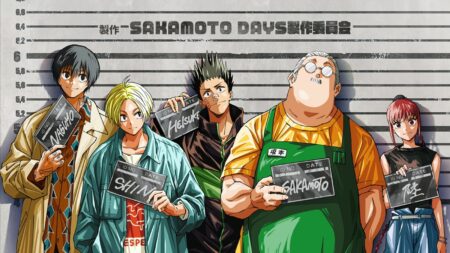In the high-stakes courtroom battle between Microsoft and the Federal Trade Commission (FTC), day five of the trial took an unexpected turn. Tensions ran high during the closing arguments as both sides fought tooth and nail for their respective positions. Let’s dive into the highlights of this fiery exchange.
FTC’s Failure to Explain Consumer Harm
The judge wasted no time and immediately challenged the FTC’s failure to provide a clear explanation of how Microsoft’s plan would harm consumers. The judge pressed the FTC, asking how exclusive content on Microsoft’s platforms would be detrimental to consumers. In response, the FTC brought up the example of Sony’s exclusive deals with Activision, but the judge pointed out that Sony’s strategy didn’t seem to harm consumers.
Exclusive Content Comparison
The FTC further compared the popular game franchise Call of Duty to Elder Scrolls, emphasizing that Microsoft’s acquisition of ZeniMax, the parent company of Elder Scrolls, would result in exclusive content. However, Microsoft’s attorney, Beth Wilkinson, corrected the FTC, stating that the comparison was flawed as Elder Scrolls was a single-player game, unlike the multiplayer-focused Call of Duty.
As the arguments continued, the judge questioned whether the trial would have even taken place if Sony had signed a 10-year deal to keep Call of Duty on PlayStation. The FTC admitted that they still would have conducted an investigation, highlighting concerns beyond the Call of Duty franchise.
The judge also delved into the impact of agreements and contracts on the proposed merger. The FTC’s expert opinions were challenged, with the judge asserting that the agreements between Microsoft and third parties were not considered in their analysis. However, the FTC argued that these contracts did not salvage the deal, citing previous cases and the potential competitive effects.
Throughout the trial, there were intriguing references and discussions surrounding the gaming industry. The judge drew attention to the rivalry between Xbox and PlayStation, questioning whether the availability of Call of Duty on Microsoft’s Game Pass but not on PlayStation Plus would incentivize Sony to improve its offerings. The judge also noted that the industry had numerous other games and franchises, and the focus on Call of Duty seemed disproportionate.
Microsoft’s attorney skillfully countered the FTC’s arguments, emphasizing that the acquisition made economic and reputational sense. Wilkinson highlighted that Microsoft had no intentions of limiting games to a single platform, as evidenced by their approach with Minecraft, which is available on various platforms, including PlayStation.
Conclusion and Order of the Trial: Who Won?
In the end, the judge wrapped up the intense day of arguments, promising to deliver a conclusion of law after carefully considering the presented evidence. The court session concluded with a light-hearted exchange, hinting at the complexity of the case and the extensive redactions expected in the final order.
As the trial unfolded, it became evident that this legal battle was not solely about Microsoft and the FTC. It showcased the intricacies of the gaming industry, the importance of consumer welfare, and the delicate balance between competition and exclusivity. This leaves active onlookers of this trial eagerly awaiting the judge’s final ruling and the potential implications it could have on the gaming landscape.






